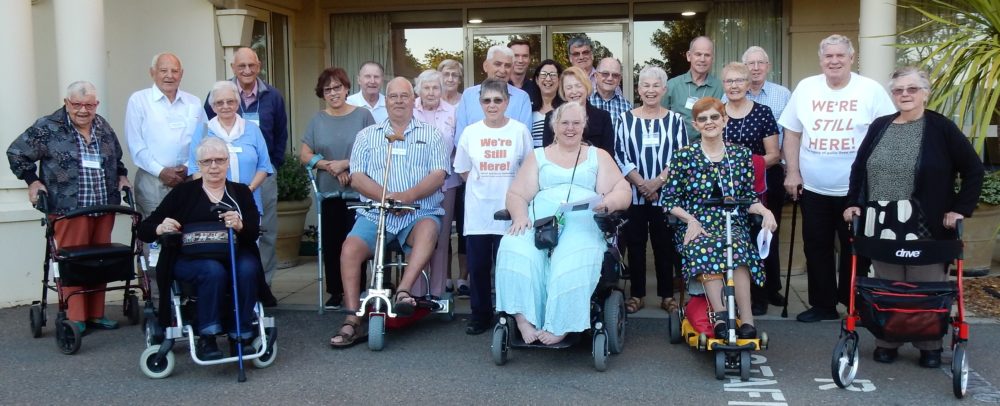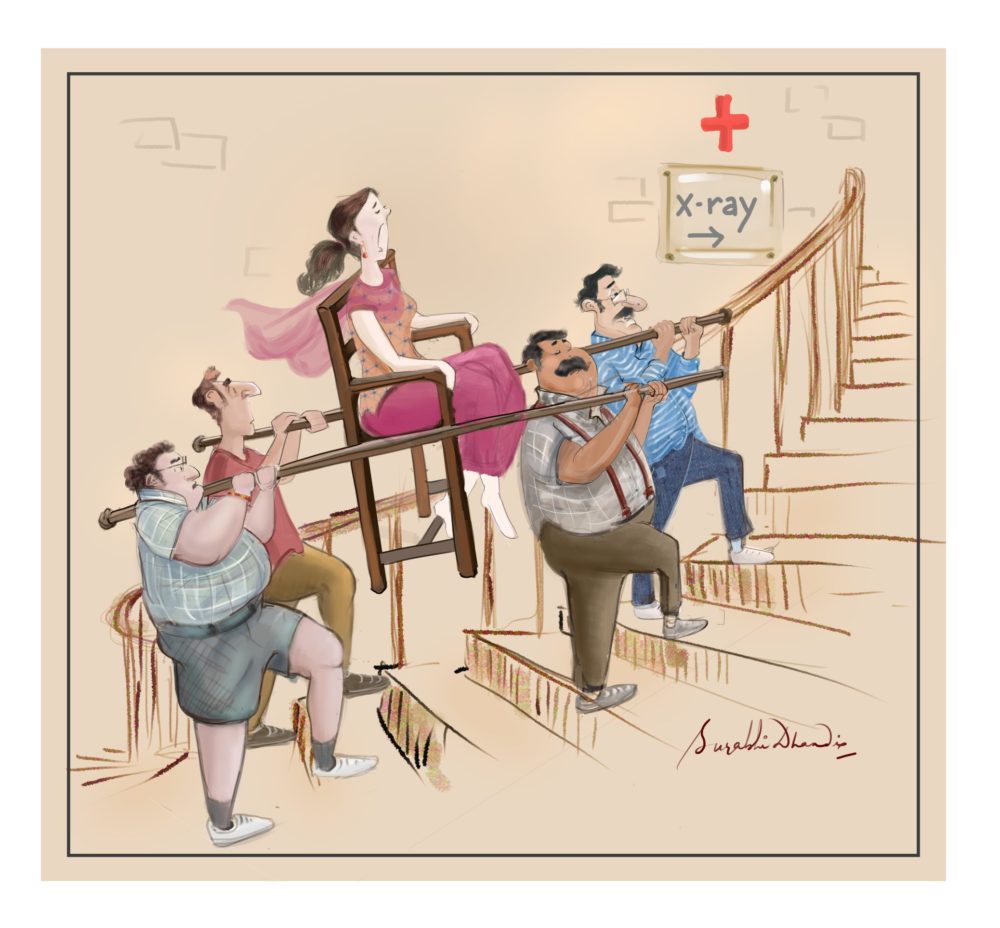Neena Bhandari speaks to SBS Hindi
Australia was declared Polio free in 2000. Journalist Neena Bhandari, who had polio as a child says “Polio still poses a threat and is only a flight away. Most people, especially migrants who have arrived in recent years, find it very difficult to get diagnosed for PPS or Late Effects of Polio and then find the right doctor, physiotherapist, orthotists, aged care services.”
Click here to listen and read more
© Copyright Neena Bhandari. Photo Credit: Polio Australia. All rights reserved. Republication, copying or using information from neenabhandari.com content is expressly prohibited without the permission of the writer and the media outlet syndicating or publishing the article.


